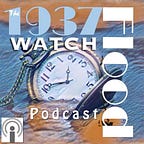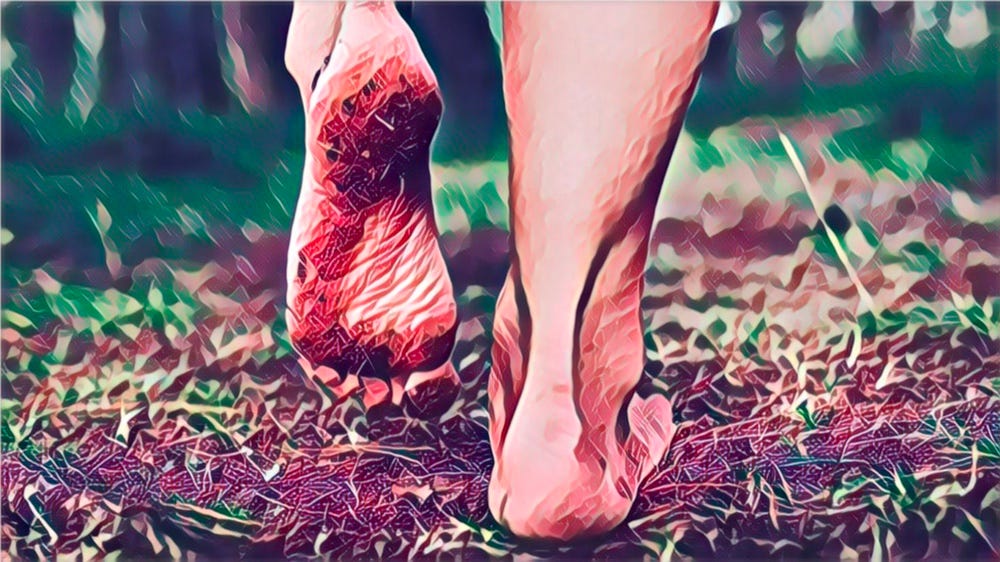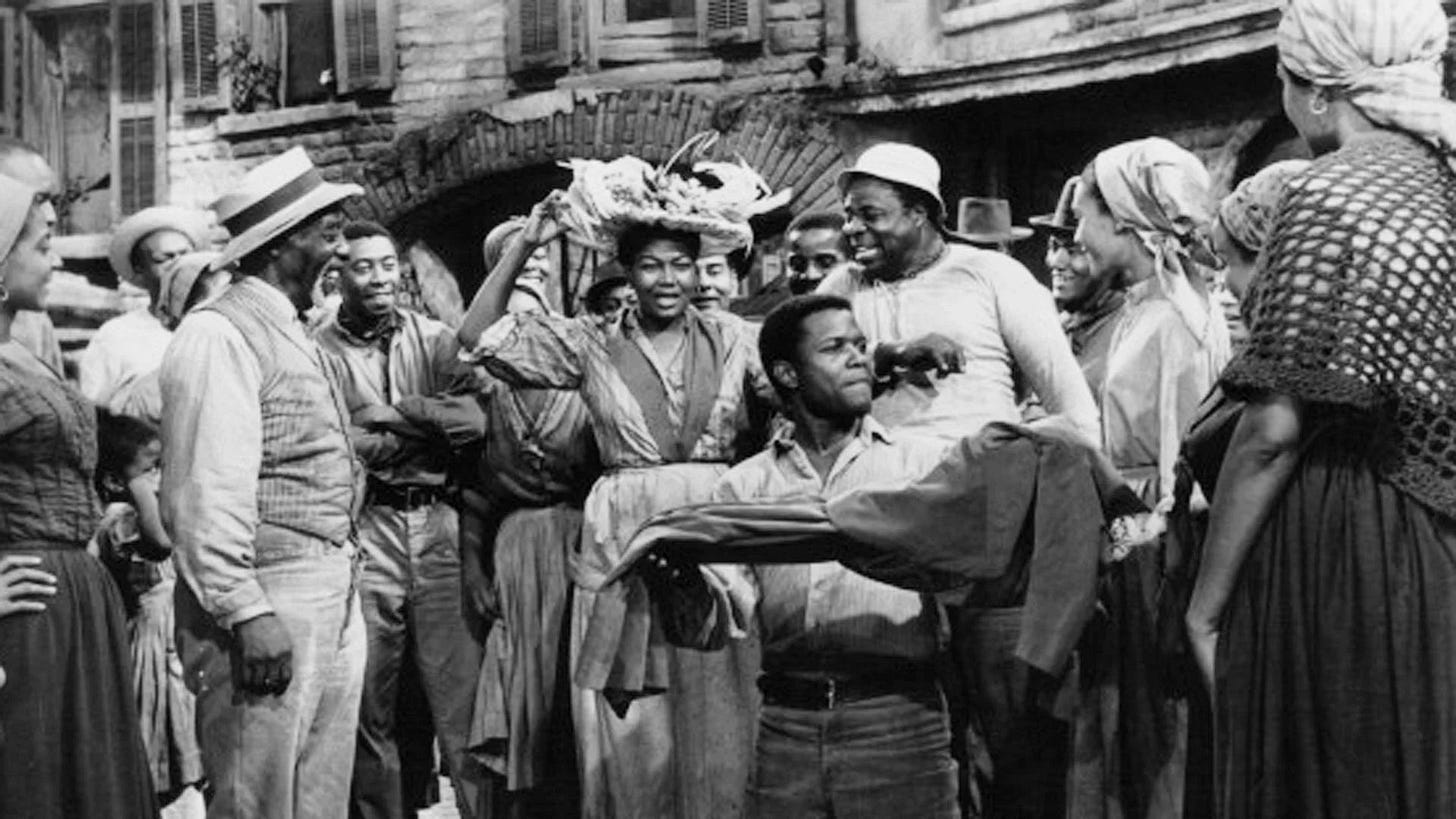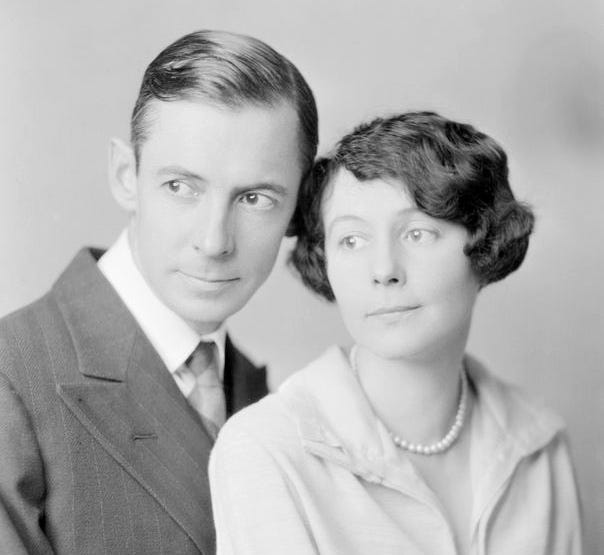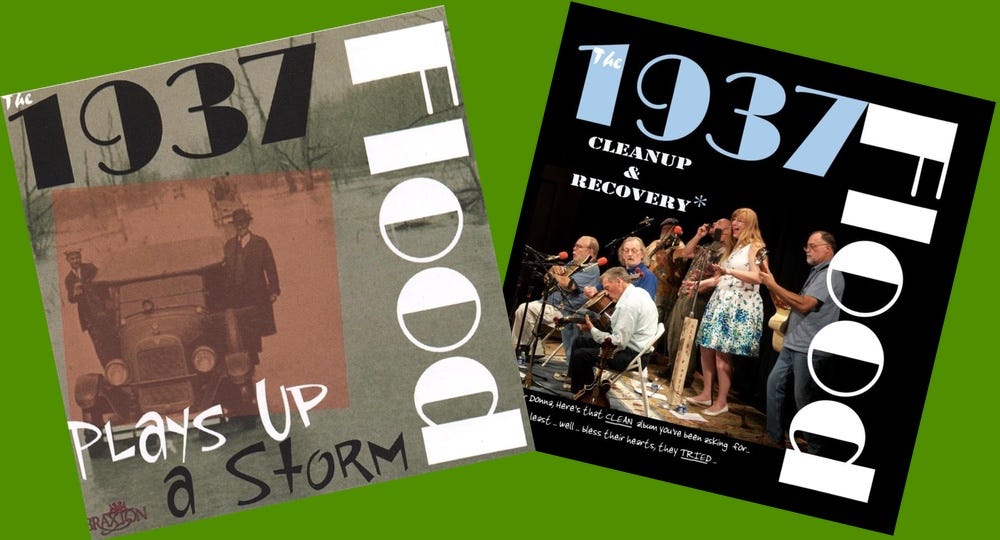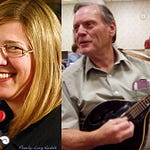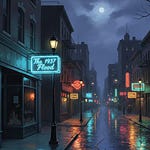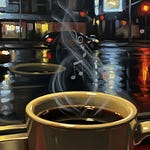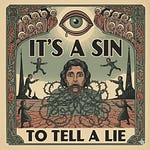Barefoot Days have arrived, a season so sweet and easy that it has its own anthem.
“Summertime,” from George Gershwin’s Porgy and Bess, is perhaps the perfect jazz standard. Unforgettable lyrics. A melody that seems to be from a dream. Like magic, the song sounds new every single time, no matter how many times you’ve heard it.
And you’ve heard it many times. “Summertime” is one of the most recorded songs of all times; in fact, Guinness World Records is aware of more than 67,000 individual recordings of “Summertime” since its composition in 1934. Just two years later, Billie Holiday was the first to hit the U.S. pop charts with it, reaching No. 12 in September 1936.
Gershwin or Not Gershwin
But did you know that neither the tune to "Summertime" nor its lyrics might be original with Gershwin?
First, about those words. Gershwin’s opera was based on a 1925 novel called Porgy by DuBose Heyward, whose wife, Dorothy, turned into a stage play in 1927. Later, DuBose collaborated with Ira Gershwin to craft the libretto for the Gershwins’ folk opera Porgy and Bess, and the lyrics to "Summertime" are assumed to be by the Heywards.
And the melody? Well, that’s a little more complicated. Gershwin copyrighted it, saying he used no previously composed spirituals in his opera. But really?
Some critics contend “Summertime” is an adaptation of the African American spiritual "Sometimes I Feel Like a Motherless Child." Adding a bit of heft to this theory is the fact that the final scene of Dorothy Hetward’s stage play — which predated the Gershwin work by eight years — ended with a performance of “Motherless Child.”
So, it’s debatable. If you want to do your own research, YouTube offers assorted performances of “Motherless Child.” Gershwin detractors often specifically cite Paul Robeson’s 1930s recording as Exhibit A.
Our Take on the Tune
The Flood started playing “Summertime” a quarter of a century ago with various arrangements. Sometimes, for instance, it has been an instrumental, featuring solos over the by years by Joe Dobbs and Doug Chaffin, by Jacob Scarr, Paul Martin and Vanessa Coffman.
The first time the song came to a Flood album — the 2002 The 1937 Flood Plays Up a Storm — Charlie Bowen handled the vocals. Eleven years later, by the time the band released its fifth album, Cleanup & Recovery, the guys had turned over the singing to Michelle Hoge.
Now in our latest take on the tune, Randy Hamilton does double duty. He takes over the vocals, and his soulful bass work creates a moody setting that inspires introspective solos by Sam St. Clair and Danny Cox. Take a listen; it’s “Summertime,” 2023.

